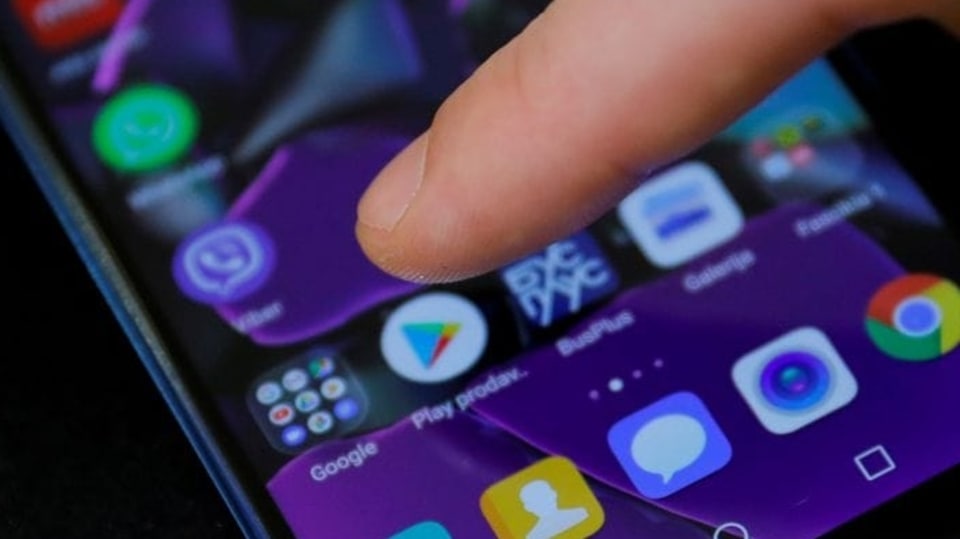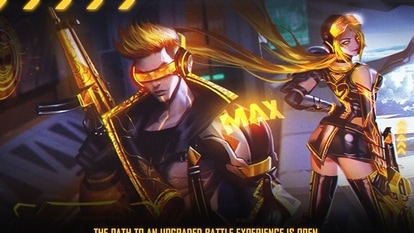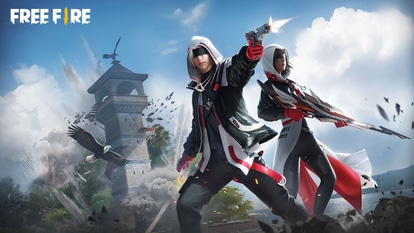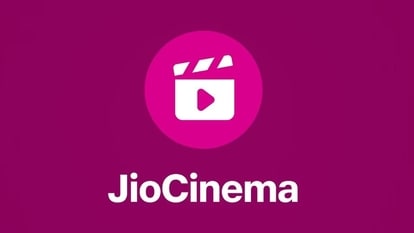Want to make your own app? Learn from Google’s Best of Play 2021 winners; here's a how-to
How do you formulate your idea, overcome the challenges, and give shape to your app? Learn from the ones who ruled 2021.

They say that if you want to change the world, you need to start small from somewhere. If you are an entrepreneur with a ground-breaking idea, all you need is an app to propagate the same to the masses of your country and beyond. But often said than done, making an app isn't among the easiest of things to do. Don't assume that you need a code writer and your idea roughly scribbled on a paper! It needs a lot more than that.
Hence, if you have been waiting for some guidance to get started on that awesome app idea that you think has the potential to change the world, you have come to the right place. HT Tech reached out to some of the Google's Best of Play 2021 winners a few weeks ago to know their journey and how they went into making their award-winning apps a reality. The answers are enlightening, to say the least.
If you want to learn from the very best, note down what the experts have to say.
Making an app: Why?
That's a big step in getting your app ready. You have to figure out WHY you want to create an app. For Anshul Kamath, Founder of Evolve, a mental wellness app, his vision was clear. “From college students to CEOs, I observed one common problem - no one knew how to manage their emotions, particularly their stress and anxiety, which stopped them from growing as individuals and leaders. I saw the need for an app that was easy to use, accessible to all, and joyful to use.”
For Vinay Khandelwal, he needed his Hotstep app to help make learning dance easy during the pandemic. “Everyone loves learning dancing, whether as a hobby, for fitness, or just for fun, but finding a good studio is a tiring process. We want Hotstep to be beneficial for teachers and learners.”
How did the app-making process begin?
Planning is key here, as clarified by Varun Gandhi, CEO of “being”, a mental health app, who took help of his friend Abhishek. “We put together some mocks and then started building it with a small set of people who we knew might relate to spiritual wisdom. We worked closely with a small set of users for the first six months before launching for the public on Google Play Store in May 2020 during the lockdown. But I would say that while it is easy to build an app today (there are many frameworks, outsourcing options, and all kinds of no-code solutions available), it is difficult to build an app that people really want.”
Another way was to allow your users to interact. “Since inception, we intended to make sure our users get a variety of services and a complete experience of learning anytime, anywhere, along with an option to interact with their favourite choreographers and then compete to win prizes. We also wanted to ensure that we don't confuse our audience with too many offerings. We launched during the pandemic, and there was a shift to online learning during this time, which encouraged more people to learn dancing at home,” says Khandelwal, Hotstep.
Challenges: What does an app creator face?
“One of the most challenging aspects for us was building the right team and gathering the resources required to build a product with many capabilities. So far, we have been fortunate to have found a great technology team and dedicated resources across verticals who have helped us build the early database for this platform,” says Nitin Gupta from Sortizy; an app that deals food content, dieting, recipes, at home via stories, videos, brands and more.
And that's the common theme here – getting the right set of people to work on your app idea. “Hiring and retaining good talent, delivering quality results to users with limited resources, and keeping the spirits high during the lows are some of the challenges we have faced while building jumpingMinds,” says Ariba Khan of Jumping Minds, another mental health and wellness app.
“It was also tricky to get the technology infrastructure right. We wanted to make sure that each section of the app added value and UI/UX complemented the dance choreographies by the teachers. We got the UI of the whole app changed at least four times completely,” says Hotstep's Khandelwal.
Being's Varun Gandhi, however, outlines some of the mistakes his team made; things that you could avoid. “We had started with a spiritual wisdom solution instead of solving the actual problem of everyday mental health issues. We had also started with a much broader audience, making it difficult to make product and content-related decisions. And we also spent too much and too quickly on paid advertisements for an app that wasn't fully ready. Our (inorganic) growth started to tank, engagement started to drop, and users left in more numbers than they joined. We were running out of resources & ideas but managed to raise small friends and family funding round in just about time. At this stage, we could figure that everything was failing and our only hope was a pivot,” he says.
How much role does Google Play have in this?
Most of these entrepreneurs have made optimum use of the data Google provides. “Over time, our engagement numbers increased, ratings touched nearly 5, and positive reviews poured in. Google Play noticed our work and helped us elevate our engagement numbers. We featured on Google Play's collections and 'being' ranked as some of the top results on searches such as mental health, anxiety, therapy apps on the store, and that is when our growth accelerated. We went from 500 new users in a week to 500 new users during breakfast. All of it is organic, thanks to Google Play. Eventually, investors noticed, and we closed our seed round in less than 10 days,” said being's Varun Gandhi.
“We have access to on the Developer Console to understand our audiences and conversion rates. We have run close to 60 A|B test experiments on the Play Store over the last 6 months. That's allowed us to understand our users much quicker and build a better product for them, said Evolve's Anshul.
For others, the prime aspect was discoverability. “The support and tools provided by Google have been really helpful in getting feedback from our user base, analysing important data for growth, and measuring the impact of our growth initiatives. The platform has also helped us tap the right target audience and increase our online discoverability,” says Sortizy's Nitin Gupta.
What should young developers, entrepreneurs do?
All of Best of Play's 2021 winners kept insisting to believe in your idea and keep going.” Before we launched Hotstep, the project went on hold a couple of times due to various reasons. However, those difficult circumstances did not deter my intention as I was persistent, and I knew we could pull this off,” says Khandelwal.
“We are probably living in the best possible time to create something (out of nothing) from the comfort of our home. So if you have a problem that you want to solve - please do. It's not easy but if you keep at it - you never know what you might end up doing,” says Being's Varun Gandhi. “the whole onus lies on how well you understand the problem, both from the user and your competitor's standpoint. The problem itself will guide you on critical questions such as who are you building for, what to build next, what's working, what isn't working, who to hire, when or how much to raise, how big to go, and so on,” he adds.
Catch all the Latest Tech News, Mobile News, Laptop News, Gaming news, Wearables News , How To News, also keep up with us on Whatsapp channel,Twitter, Facebook, Google News, and Instagram. For our latest videos, subscribe to our YouTube channel.


























